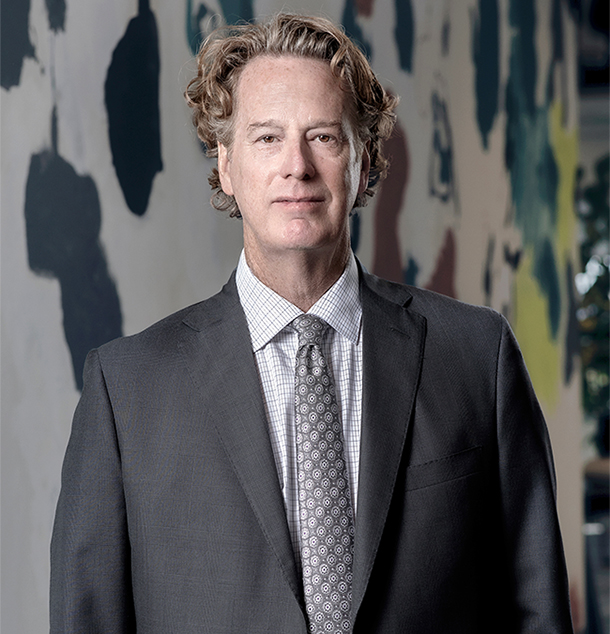How the Silence Breakers May Help Hotel Industry Workers, Too

As the Times puts it, “employees say hotels too often put discretion and deference to powerful customers before the well-being of women who work there, a claim that is catching hold in an industry under mounting pressure to protect workers.” The piece relays stories of housekeepers being offered money in exchange for a massage, and of another woman being groped by a customer. The hotel does not deny the accounts – in fact, one of them still an open investigation – but claims it follows the laws when it comes to handling accusations by workers against visitors.
This may be true – but is it enough? In 2012, the Times reported, unionized hotel workers in New York City were given personal panic buttons with which they could summon help if they felt they were in danger. The decision came after a housekeeper accused Dominique Strauss-Kahn, a former French politician, of sexual assault. Chicago and Seattle have similar laws and statutes in place to help their hotel workers, too.
Certain factors can increase the risk of harassment on the job
Hotel workers are not the only ones who are subject to sexual harassment and assault. The Select Task Force on the Study of Harassment in the Workplace put together a report in 2016 that found that people who work in isolated areas – like janitors or agricultural workers – are more susceptible to being attacked. The listed a number risk factors to help identify which work places are more prone to sexual harassment. Those risk factors include:
- Homogenous workforces – as in primarily men, or primarily one race, etc. – as well as workplaces that are overly diverse, creating an opportunity for cultural misunderstandings
- Workplaces where some workers do not conform to workplace norms based on societal stereotypes – i.e., a woman who works as a roughneck on an oil rig)
- Coarsened social discourse outside the workplace
- Workforces with many young workers
- Workplaces with “high value” employees
- Workplaces with significant power disparities between workers and supervisors
- Workplaces that rely on customer service or client satisfaction
- Workplaces where work is monotonous or consists of low-intensity tasks
- Isolated workspaces, like individual hotel rooms, or late-shift jobs with skeleton crews
- Workplace cultures that tolerate or encourage alcohol consumption
- Decentralized workplaces, like retail stores which answer to supervisors in another area or store
Workers, whether they are employees or contractors, have the right to feel safe and be safe while they are at work. The Peninsula Beverly Hills is hardly the only hotel to have had their employees groped or assaulted by visitors. We must all demand that stories like these become a thing of the past.
Taylor & Ring is a Los Angeles-based law firm serving the needs of clients throughout Southern California. If you were the victim of sexual assault or harassment, we want to help you fight back, and help you obtain the justice you are owed. For a free consultation, please call 310.776.6390 or complete our contact form to find out more about how we can help.

David Ring is a nationally renowned plaintiff’s personal injury trial attorney and has obtained multi-million dollar verdicts and settlements on behalf of seriously-injured individuals or families who have lost a loved one in a tragic accident. For more than 20 years, he has represented victims of sexual abuse, sexual harassment, assault, molestation and sexual misconduct in cases against a variety of employers and entities, including schools, churches and youth organizations.
He prides himself on providing aggressive, yet compassionate representation for children who have been sexually abused and women who have been sexually harassed or assaulted. Read more about David M. Ring.

